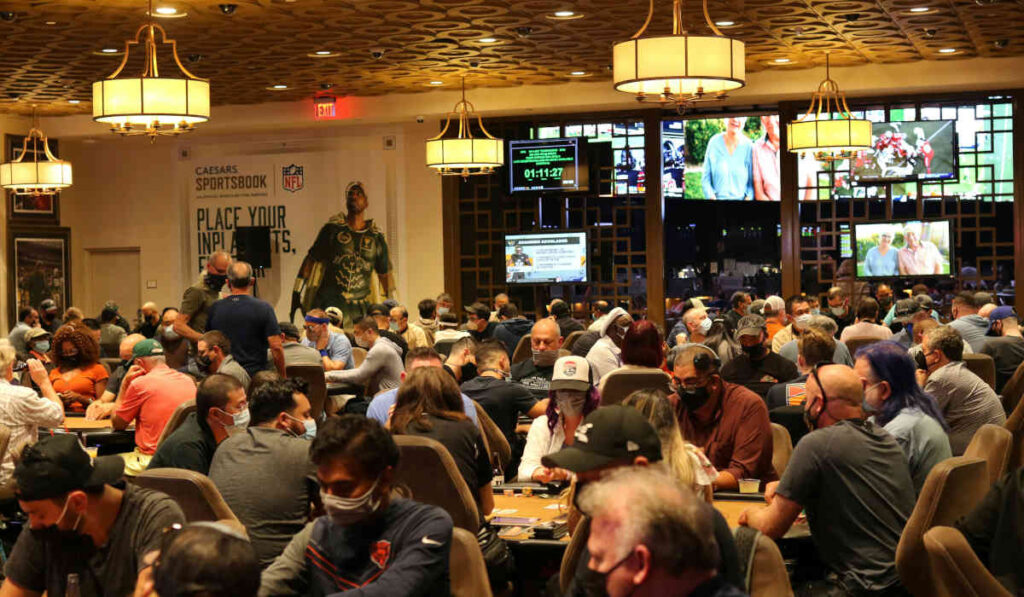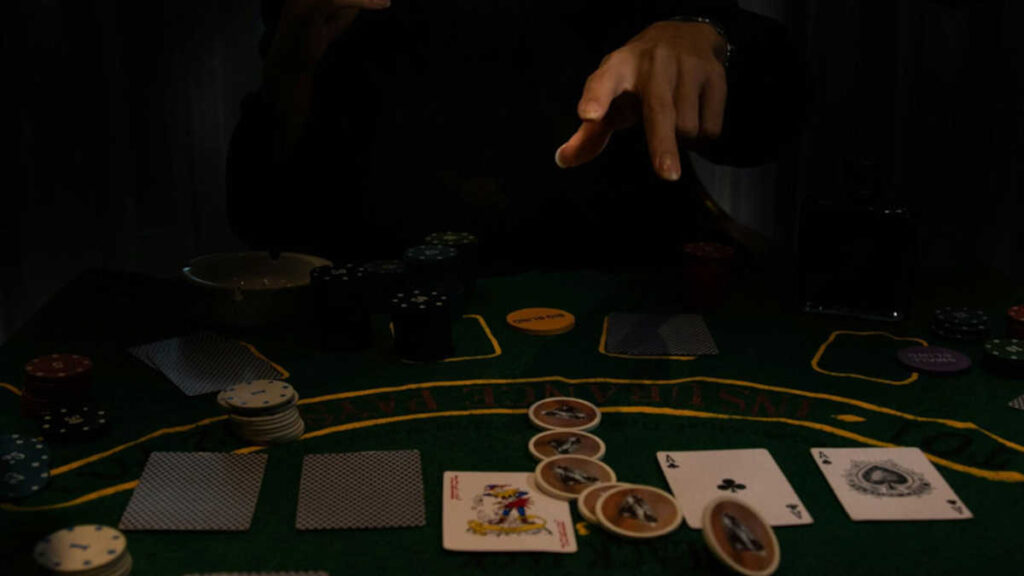Image source: Unsplash
Poker is a game that has stood the test of time and remained popular throughout various eras of history. Around the world, it’s a game that captures the imagination of gambling enthusiasts and has cemented its spot among the most popular gambling games of all time.
While it’s often glamorized further in movies, the game is steeped in its own esoteric culture that melds competitiveness with connection and camaraderie. Played at casinos around the world and online, it’s a game that is well known for bringing people together.
Whether it’s just a home game among friends or a high-stakes professional tournament, poker has the power to evoke passion among players.
However, although competitiveness is built into it, over time, love for the game brings together players from all over the world over the commonality that poker provides them. It’s in this unifying aspect of the game that poker finds its unique culture.
Friendship at the Felt
At its core, poker thrives on human connection. As a game that can’t be played alone, socializing is a central tenet. However, times have changed a great deal since the days when the game was mostly played in backrooms and saloons.
These days, online casinos are where most competitive games take place. As these platforms have progressed, they have gotten much better at adding features that still allow players to socialize even if each person is alone in their own homes.
Modern options like new Inclave casinos help players from all over the world compete against each other, even across multiple platforms. The Inclave identity-management system creates a single login that players can use for different online casinos to ensure better safety and uniformity.
That way, logins are quicker, more efficient, and more secure regardless of which platform you may be playing on at any given time. For poker, it means players from all over the world and different walks of life can all play against each other on various casino sites.
Advancements like these are just some of the ways playing the game has changed and evolved over the years. However, the universal rules and variations of poker remain consistent. This also helps players from different backgrounds find common ground.
Far from just being confined to playing against friends and family at home, the wonder of modern iGaming sites make it possible to play against multiple opponents from anywhere in the world. The game itself and the connections it tends to spawn are richer for it.
Playing online can be a unique experience. With in-person poker relying heavily on being able to read opponents’ body language and subtle tells, digital versions make this harder.
However, streaming technologies have bridged this gap a lot and options like video poker are now common at online casinos. Online games also tend to move at a faster pace, making things more challenging.
However, for players who can think on their feet and recognize the smallest changes of expression, even through a screen, online poker has simply slotted into being just another fun and engaging way that the game can be played and used as a way of socializing and getting to know other players.
Rivalries That Drive Excellence
Poker friendships can be unique. While there’s always room for kindness and compassion, the inherent competitive nature of the game means that rivalries easily abound, too.
However, like any competitive sport, rivalries and friendships are not mutually exclusive. In fact, some of the best friendships thrive on the competition. Knowing your opponent can add extra spice to a game. You know their go-to moves, how they think, or even what their life outside the game is like, and they know yours, too.
In such a complex cauldron of competing interests, excellence is often the outcome. Each player may take extra care and play more strategically to outwit the other.
By knowing their strengths and weaknesses or having their own compromised, they may be forced to pivot and play in more unpredictable ways to make up for it.
So long as the game is always played responsibly and in good spirit regardless of the outcome, there’s always more than enough room for healthy competitiveness in poker.

Tensions and emotions can run high. After all, real poker games mean there’s money on the line. However, none of that needs to overshadow the fun of the game. Even for the best players in the world, that means accepting the bargain that losses are a natural part of it.
When you plan for this, all poker rivalries do is add more flavor to games. Of course, when you accept in advance that you may lose, on those occasions that you do win, that only makes such victories all the more sweeter.
Instead of allowing rivalries to grind on your emotions, good poker players learn to control their emotions. This is crucial for decision making during crucial hands.
The same control can be achieved by tempering emotions with reason. Being able to do this becomes an asset in more ways than one. Aside from helping a player make better decisions during games, it also keeps them open-minded enough to learn from their opponents and strengthen their own game in the process.
Dealing with rivalries in this manner doesn’t just bring out the best in a player. It helps forge bonds of mutual respect and even friendship between rivals. In any sport, the best of rivals usually also end up being good friends off the field. The same is true of poker.
The Social Exchange Beyond the Cards
Poker may be built on probability and decision-making, yet it remains deeply social. Away from the chips and blinds, players share laughter, personal stories, and sometimes frustration. The poker table becomes a rare social equalizer where success is earned through skill rather than background.
Conversations between hands often reveal the human side of poker. Players talk about families, careers, and personal goals. For many, poker offers an escape from daily pressures and a way to connect with people who share their interests.
Events like charity tournaments or local poker leagues show how social bonds turn into collective action. Players raise funds for causes or mentor beginners to grow the next generation of enthusiasts. These gestures create a sense of legacy that stretches beyond the game itself. In
Cultural Influence and Shared Identity
Poker’s presence in movies, music, and television has made it a symbol of courage and intelligence. Characters at poker tables represent thinkers, risk-takers, and strategists.
This imagery has influenced how players see themselves. To many, poker reflects the balance between calculation and luck that defines life itself.
In North America, poker culture blends old traditions with new trends. From the smoky rooms of the 1970s to modern streaming platforms, the game has adapted without losing its spirit.
The social side remains constant. Whether a home game in Texas or an online event in New Jersey, the same code of respect, humor, and camaraderie applies. The shared identity among players crosses age and profession.
The Psychology of Belonging
Poker’s draw extends into human psychology. People crave spaces where they are understood, and poker rooms often provide that environment.
Within the game, players communicate through shared rituals, stacking chips, cutting decks, or calling bets, all of which create comfort through repetition.
Psychologists often refer to poker as a form of social performance. Players present versions of themselves that shift with each hand.
Confidence, patience, and humor become social tools. Over time, this creates a bond among regular players that mirrors the sense of belonging found in tight-knit clubs or communities.
Poker culture continues to remind the world that games are never just games. They are shared rituals that connect minds and hearts across boundaries.
